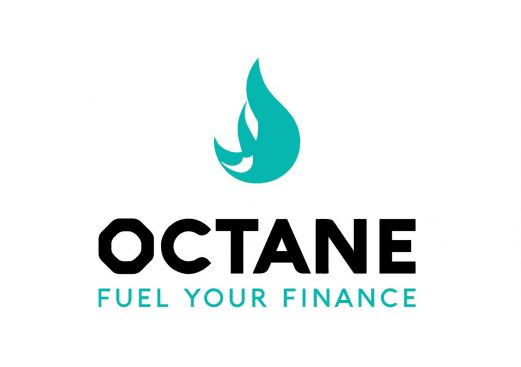Despite a sometimes justified reluctance from dealerships to engage expert witnesses in resolving disputes, they are undoubtedly an asset when properly utilised and well-instructed in matters where they have sufficient knowledge to give a robust opinion.
Much has been said about expert reports in recent times, but the difference they make was evident in a recently concluded court claim. In this case, a customer bought a vehicle on finance, having had the opportunity to inspect the car twice on separate days prior to purchase.
Some weeks later, when the customer returned to have the fog light replaced, as agreed before purchase, she reported a coolant warning light and an issue connecting to the car’s Bluetooth system. She declined an inspection at a main dealership due to being in a rush and instead accepted our member’s inspection, which showed the coolant cap had been over-tightened. The member loosened it appropriately and thought no more of it.
Several weeks later, the finance company demanded our member accept a rejection of the vehicle and issue a full refund, claiming repairs relating to the coolant issue had failed.
Our advice was simple: get expert evidence. Don’t rely on psychic proclamations based on a host of factual inaccuracies. Our member did exactly that, had the car inspected, refused the rejection based on the outcome, and the finance company proceeded to auction the vehicle and issue a court claim for their shortfall.
Their solicitors argued that provisions in the operating agreement entitled them to recover their outlay and that the vehicle was not roadworthy under the Road Traffic Act 1988, citing an RAC report obtained before the vehicle was auctioned.
They also argued the coolant cap complaint was made within a reasonable time. Although it was raised on the 31st day, just outside the 30-day statutory right to reject—they urged the Judge to extend the timeframe.
Our response: we had an expert report clearly stating our member had not caused the issue and classifying the coolant concern as minor and cosmetic. The RAC report, in fact, did not contradict this, it supported it, albeit less conventionally.
In summary, we argued their assertion that the vehicle was sold “without fault” was incorrect. That phrase implies perfection, which differs from the legal definition under Section 9 of the Consumer Rights Act 2015. Our member never claimed the 5-year-old, multi-owner car was perfect. The expert report confirmed the vehicle was mechanically of satisfactory quality at the time of sale. Therefore, the terms of the operating agreement had been met.
We submitted that the short-term right to reject didn’t apply and that our member had taken reasonable steps to address the coolant cap but was denied the chance to complete the repair. Instead, the vehicle was rescinded and auctioned off, an unreasonable remedy for a £20 cap, especially since the expert confirmed the issue did not affect the cooling system.

Octane Finance is the broker of choice for new and used car dealers nationwide. With our uncompromising service levels and our genuine and professional approach, you and your customers can trust us to deliver.
The Judge found the RAC report unhelpful, filled with ticks and symbols but lacking clear explanation. In contrast, our expert’s report provided detailed, clear analysis and meaningful opinion, avoiding speculation or unnecessary repetition of case history.
While we were confident throughout, the expert evidence proved decisive. It removed the need for guesswork and “mind-reading” during cross-examination, something the other side clearly struggled with.
Suffice to say, their high-handed approach, lack of proper expert evidence, and the embarrassing admission that the alleged Bluetooth fault was user error led to a full dismissal of the claim.








